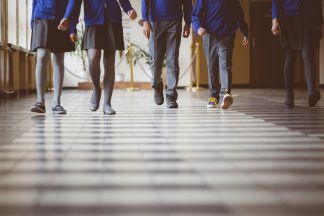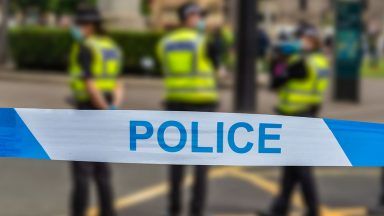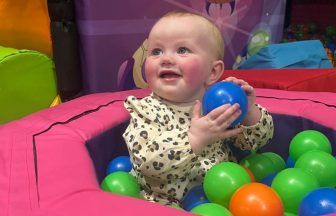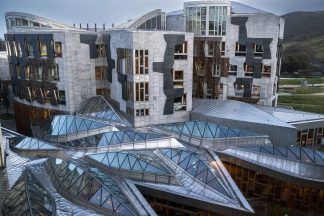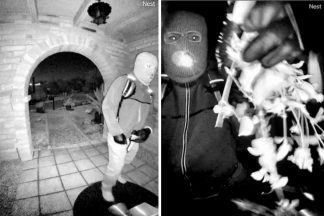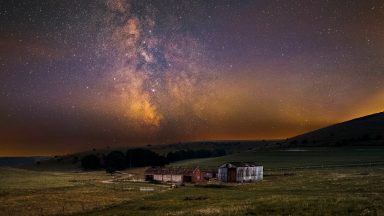Wearing a face covering in shops is now compulsory across Scotland.
The rules came into force on Friday, however children under five and those with certain medical conditions or disabilities are exempt.
Face coverings are already mandatory on public transport.
The Scottish Government said the face coverings “may provide some level of protection”, but stated that physical distancing, hand hygiene and respiratory hygiene are the “most important and effective things we can all do to prevent the spread of coronavirus”.
The face coverings do not need to be surgical or medical-grade. Instead, the covering can be made of cloth or other textiles – for example, a scarf or religious head covering that covers the nose and mouth.
A face visor can also be used as long as the nose and mouth is covered completely.
Police Scotland said it was asking people to take personal responsibility “to do the right thing”.
The force added: “Remember the purpose of these measures is to aid the collective effort to protect the NHS and save lives by preventing the virus from spreading.
“Our officers will continue to engage with the public, explain the legislation and guidance and encourage compliance.
“We will use enforcement as a last resort only where there is a clear breach of the legislation. We will do so in a fair, reasonable and proportionate manner.”
Routemap out of lockdown
July 10
- Face coverings now mandatory in shops.
- People can meet up to four other households outdoors – up to 15 people – while physical distancing.
- Three households can meet indoors, up to a maximum of eight people, including overnight stays – while physical distancing.
- Households are limited to meeting up with four other households in total in one day, indoors or outdoors, though these limits do not apply for under-18s.
- Couples who live in different households can form an extended household group, including children under 18, removing the need for distancing measures.
- Physical distancing indoors ends for children under 12.
July 13
- Organised outdoor contact sports for children and young people resume, subject to guidance.
- Non-essential shops within shopping centres can reopen.
- Non-aerosol routine care dental care will return.
- Pregnant women can have a designated person accompany them to ante and post-natal appointments.
July 15
- Hairdressers and barbers will reopen, as will indoor pubs and restaurants, following guidance and mitigation measures.
- Scotland’s tourism sector can reopen, including all holiday accommodation.
- Museums, galleries, monuments, cinemas and libraries will also be able to reopen with precautions in place – for example, tickets being secured in advance.
- Places of worship can reopen for communal prayer and contemplation, with physical distancing and limited numbers.
- Restrictions on attendance at weddings and funerals will be eased but numbers remain limited and physical distancing is required.
- The childcare sector can fully reopen.
July 22
- Phased return to campus for universities and colleges with physical distancing in place, as part of a blended model with remote teaching.
- Personal retail services such as beauticians and tailors can reopen with enhanced hygiene measures.
- Motorcycle instruction and theory tests can resume.
Follow STV News on WhatsApp
Scan the QR code on your mobile device for all the latest news from around the country






